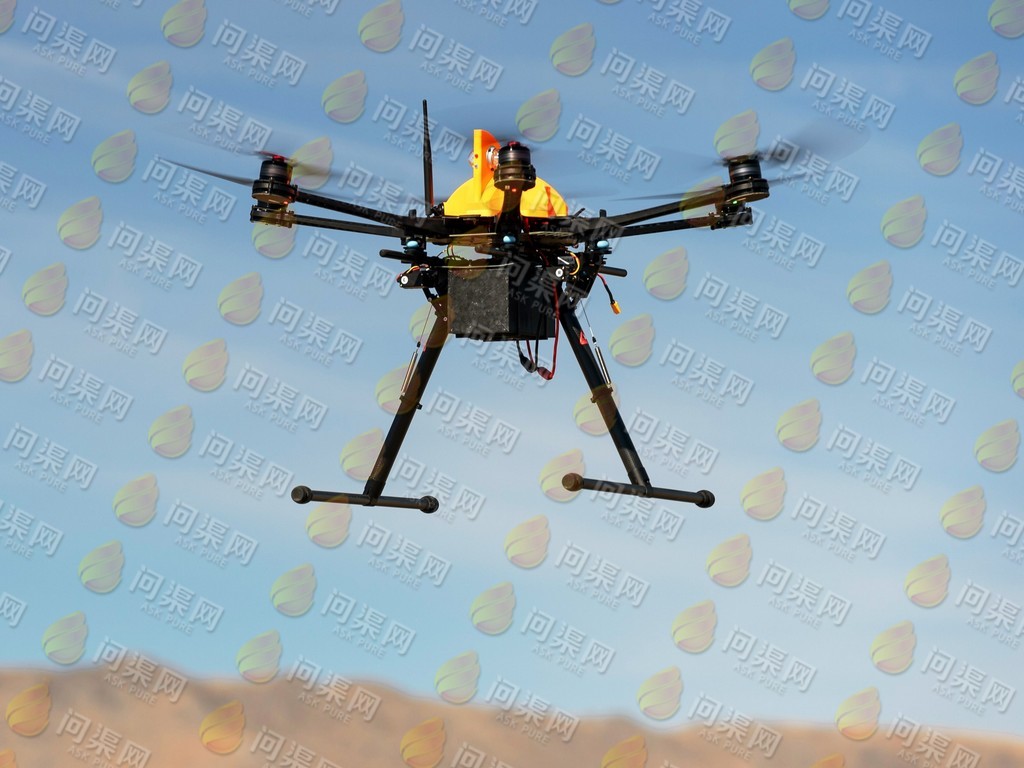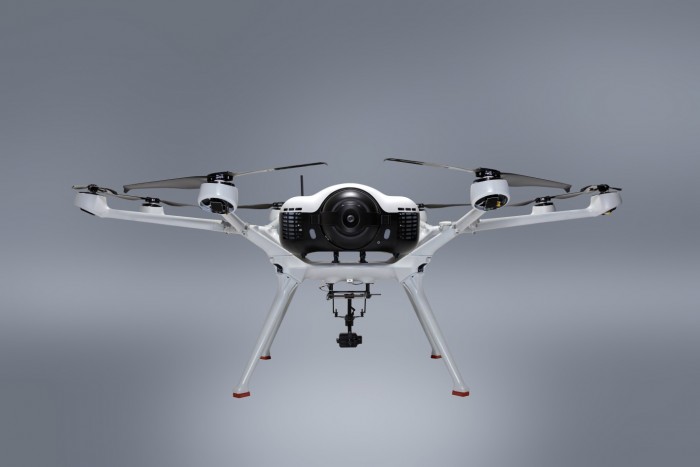 Beyond legal issues, attempting to shoot down a drone poses numerous safety risks. Drones are designed to be aerodynamic and may fall unpredictably when damaged, potentially injuring people or damaging property. The act of firing a weapon in a residential or urban area can itself be dangerous, posing risks of collateral damage. Methods such as using nets or specialized anti-drone technology exist for safely capturing or disrupting drones without causing harm. Considerations of Privacy and Ethics: While the presence of a drone may feel intrusive, ethical considerations should not be overlooked. Many drones are operated legally and may not be equipped with surveillance equipment. It’s vital to approach the situation with a calm perspective, assessing whether the drone poses any genuine threat to privacy or safety. Engaging with local authorities or seeking legal recourse provides a more sustainable approach.
Beyond legal issues, attempting to shoot down a drone poses numerous safety risks. Drones are designed to be aerodynamic and may fall unpredictably when damaged, potentially injuring people or damaging property. The act of firing a weapon in a residential or urban area can itself be dangerous, posing risks of collateral damage. Methods such as using nets or specialized anti-drone technology exist for safely capturing or disrupting drones without causing harm. Considerations of Privacy and Ethics: While the presence of a drone may feel intrusive, ethical considerations should not be overlooked. Many drones are operated legally and may not be equipped with surveillance equipment. It’s vital to approach the situation with a calm perspective, assessing whether the drone poses any genuine threat to privacy or safety. Engaging with local authorities or seeking legal recourse provides a more sustainable approach.
Alternatives to Shooting Down Drones
There are effective alternatives to handling drones that infringe on privacy or airspace without resorting to violent measures. Contacting the drone operator can sometimes resolve the issue directly. If the drone is part of a commercial operation, reporting the incident to the FAA or local enforcement agencies can lead to corrective action. Investing in drone detection systems or engaging professional services to monitor airspace is becoming increasingly popular among homeowners.
Exploring Educative Approaches
 Educating yourself and others on drone regulations can dispel misconceptions and foster community discussions on drone usage rights. Understanding drone laws empowers individuals with knowledge on how to effectively deal with potential infractions.
Educating yourself and others on drone regulations can dispel misconceptions and foster community discussions on drone usage rights. Understanding drone laws empowers individuals with knowledge on how to effectively deal with potential infractions.
Community involvement is another powerful tool. Hosting informational events or workshops can engage local drone operators and property owners, promoting a harmonious coexistence and mutual respect.
FAQs on Drone Interference
Q: What can I do if a drone invades my privacy?
A: If a drone invades your privacy, document the incident and contact the operator, if possible. Report persistent invasions to authorities. Legal action may be pursued if necessary.
Q: Are anti-drone technologies available for personal use?
A: Yes, there are passive anti-drone technologies such as detection systems and signal jammers. However, ensure legality in your jurisdiction before utilization.
Q: Can drones be used for surveillance legally?
A: In most cases, commercial drone use requires compliance with privacy laws and regulations. Unauthorized surveillance can be legally challenged.
While the presence of drones may bring concern, understanding legal implications and considering safe alternatives offer avenues for peaceful and lawful resolutions.
